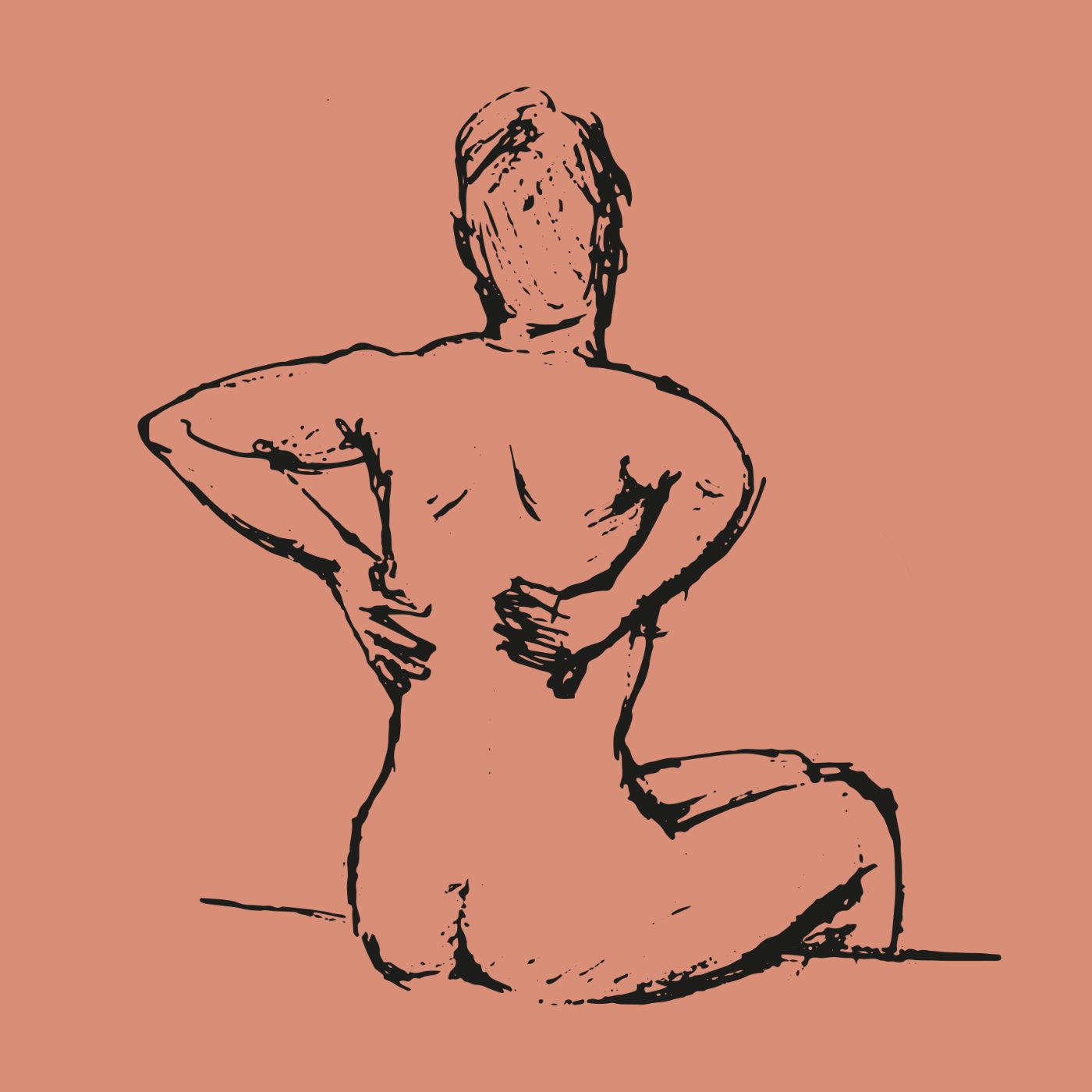Table of Contents
Table of Content
 When it comes to improving athletic performance, helping your muscles recover is priority number one. When our muscles are pushed to their limits, it’s natural to experience pain, inflammation, reduced movement, and even injury.
When it comes to improving athletic performance, helping your muscles recover is priority number one. When our muscles are pushed to their limits, it’s natural to experience pain, inflammation, reduced movement, and even injury.
While these effects are natural and even expected, that doesn’t make them ideal. Downtime to allow your muscles to recover from intense exercise means less time for training and improving your technique and fitness.
Natural and safe ways to improve muscle recovery would be a game-changer for athletes and anyone looking to improve their performance. The good news is that CBD shows some promise in this area and could help you to better your muscle recovery. We’ve rounded up everything you need to know about CBD and how it could affect your muscles.
What is CBD?
CBD, or cannabidiol, is a type of compound known as a cannabinoid. This small compound is naturally occurring and can be found in cannabis plants. The growth of cannabis legalisation around the world has led to an increase in research into cannabis compounds including CBD. That research tells us that CBD holds a lot of promise as a treatment for many conditions. CBD may be able to improve conditions like anxiety, sleep, pain, and inflammation (1, 2, 3, 4).
How does CBD affect your muscles?
The main way that CBD may affect your muscles is by reducing inflammation and improving the symptom of pain. By possibly reducing inflammation, CBD would be able to reduce the factors of recovery that stop you from getting back to exercise sooner: reduced range of motion, pain, heat, and swelling. By targeting pain directly, topical products like Kloris High Strength CBD balm could also help you to overcome the biggest barrier to getting back to working out after an intense session - pain.
Can CBD help with muscle recovery?
- Research tells us that CBD may hold impressive anti-inflammatory properties, and one study tells us that this may also hold true for muscle-specific inflammation. The 2019 preclinical study that involved mouse models found that CBD significantly reduced inflammatory factors, indicating that CBD may be effective in reducing inflammation in muscles. Impressively, the study also found that CBD improved muscle strength, increased muscle coordination, and reduced tissue degeneration in the mice (5). However, it is important to keep in mind that this research is still in the early stages, and further research into human muscle inflammation is needed to fully explore the anti-inflammatory potential of CBD.
- Inflammatory pain is especially common in athletes, typically because of an injury resulting in tissue damage. A 2017 study published in the journal Frontiers in Pharmacology investigated the effect of CBD on inflammatory pain in rats. The study found that when CBD was injected into the area of the brain associated with processing pain, the rats experienced a significant reduction in pain (6). Again, this research is only in an animal model, but it does highlight the potential of CBD to reduce inflammatory pain.
- A 2016 study published in the European Journal of Pain also investigated the effects of CBD on inflammation and pain. This rat model study delivered CBD to rats with arthritis and found that the CBD treatment significantly reduced joint swelling, limb pain, and inflammatory responses. Impressively, the study also found that the rats didn’t experience any significant side effects. This rat model study highlights the potential of CBD as a treatment for inflammation and inflammatory pain, but it should be kept in mind that more research is needed before definitive conclusions can be drawn about CBD as an anti-inflammatory treatment (7).
- One surprising way that CBD may be able to improve muscle recovery is by improving bone health. Sustained exercise can lead to bone damage, and keeping your bones healthy and functional is important for allowing your muscles the ability to move properly and at their best. One study found that CBD was able to improve bone fracture healing by encouraging the production of enzymes that are key to bone stabilisation and growth (8). Another study also found that CBD was able to reduce bone loss in mouse models with severe spinal cord injuries (9). These animal studies tell us that CBD could prove effective in strengthening bone health, providing your muscles with a functional base.
Side effects of CBD
If you’re considering adding CBD to your routine, then it is important you be aware of any possible side effects. The good news is that CBD is largely considered to have a high safety profile, meaning that it tends to only result in mild side effects like lethargy or reduced appetite (10). It can also be safely consumed in high amounts, with studies showing that doses as high as 1,500 mg of CBD per day can be used safely and effectively (11).
One side effect you don’t have to worry about with CBD is getting high. While CBD is a cannabis compound, it is not responsible for the psychotropic effects of the plant. Another compound called THC causes these effects. Because of its lack of psychotropic effects, CBD can legally be consumed in the UK, provided it contains less than 0.2% THC. However, we do advise that you consult your governing sport’s body before consuming CBD to check if it is on their banned substances list. Best to be safe rather than sorry!
The bottom line
CBD could be helpful for athletes looking to reduce their muscle recovery time, thanks to its potential to reduce inflammation, reduce pain, and improve bone health.
Research is largely in the early stages, and more is needed before definitive conclusions can be drawn about the effects of CBD on muscle recovery. However, the current research is promising, and CBD’s mild side effects mean that the risks of experimenting with CBD for muscle recovery seem to be low. As always, we do recommend consulting with your doctor before adding CBD into your routine and, for athletes, also consulting with their sport’s governing body to check if it is an allowed substance.
 |
Medically reviewed for KLORIS by Sarah Neidler, PhD |




